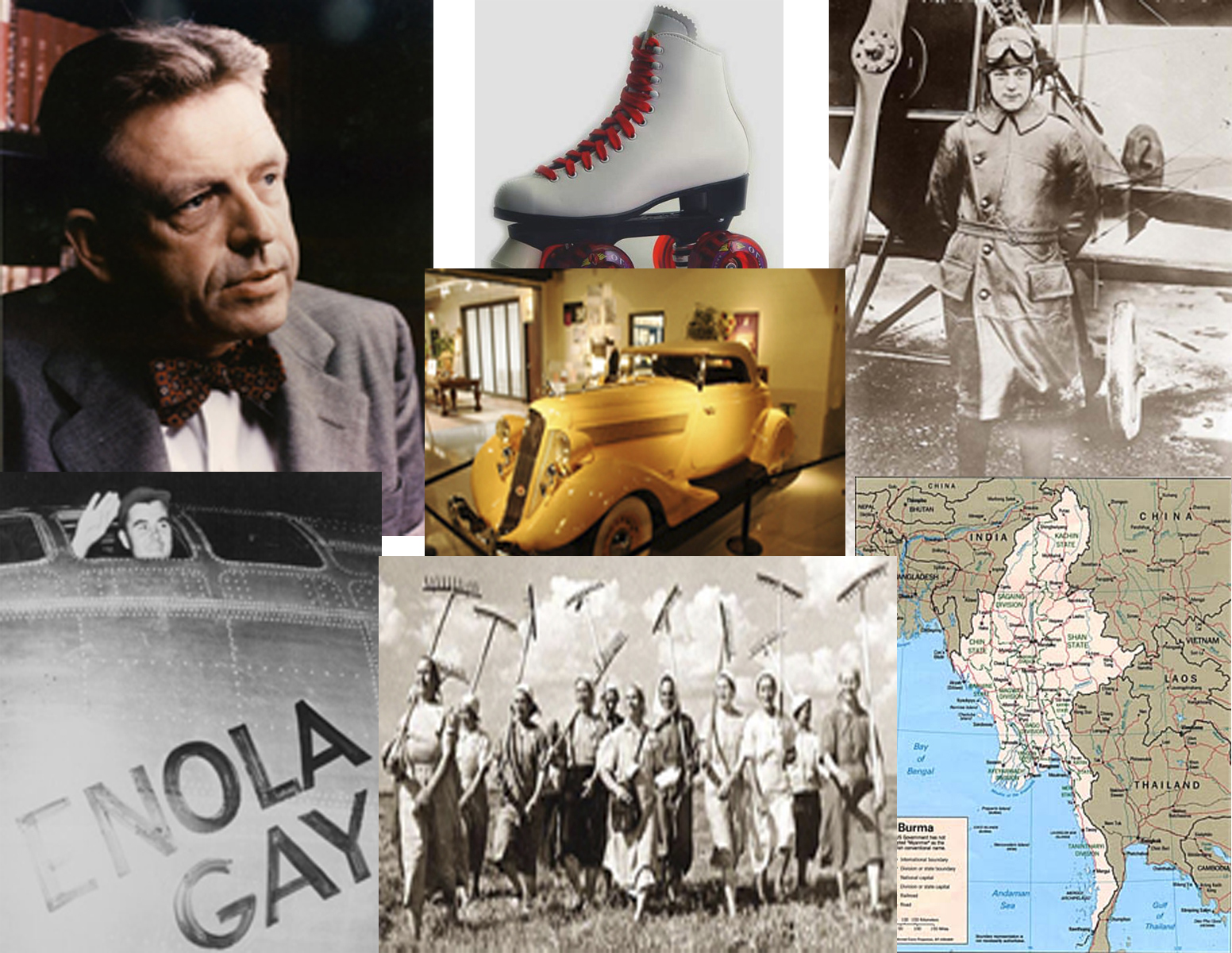Merino, Leticia, June 20, 2014
- Component Identifier:
- 14-021
- Interviewer:
- Guerrero, Paulina
- Scope Note:
-
Leticia Merino is a researcher with a Doctorate of Anthropology specializing in agrarian studies. Merino opens the interview by discussing her personal background and how her background in forestry led her to Elinor Ostrom's book Governing the Commons . Merino met Ostrom in Mexico through Gustavo Gordillo, a mutual colleague. Merino was asked to go through the International Forestry Resources and Institutions (IFRI) program at the Ostrom Workshop, which she did, and became more involved after taking the course. Merino goes onto discuss collaborating with Ostrom through IFRI and the International Association for the Study of the Commons (IASC). She reflects on her friendship with Ostrom through a discussion of Ostrom's visit to a climate change conference in Mexico. The interview closes with a discussion on the 2012 Planet Under Pressure Conference in London where Ostrom was a keynote speaker.
- Language:
- English .
- Physical description:
- 17 pages; 1 .wav file, 54 minutes; no index
Access and use
- Restrictions:
-
Open
- Terms of access:
-
The archive of the Center for Documentary Research and Practice at Indiana University is open to the use of researchers. Copies of transcript pages are available only when such copies are permitted by the deed of gift. Scholars must honor any restrictions the interviewee placed on the use of the interview. Since some of our earlier (pre-computer) transcripts do not exist in final form, any editing marks in a transcript (deletions, additions, corrections) are to be quoted as marked. Audio files may not be copied for patrons unless the deed of gift permits it, and a transcript is unavailable for that interview. The same rules of use that apply to a transcript apply to the audio interview. Interviews may not be reproduced in full for any public use, but excerpted quotes may be used as long as researchers fully cite the data in their research, including accession number, interview date, interviewee's and interviewer's name, and page(s).
- Parent restrictions:
- Access varies by interview.
- Parent terms of access:
- The archive of the Center for Documentary Research and Practice at Indiana University is open to the use of researchers. Copies of transcript pages are available only when such copies are permitted by the deed of gift. Scholars must honor any restrictions the interviewee placed on the use of the interview. Since some of our earlier (pre-computer) transcripts do not exist in final form, any editing marks in a transcript (deletions, additions, corrections) are to be quoted as marked. Audio files may not be copied for patrons unless the deed of gift permits it, and a transcript is unavailable for that interview. The same rules of use that apply to a transcript apply to the audio interview. Interviews may not be reproduced in full for any public use, but excerpted quotes may be used as long as researchers fully cite the data in their research, including accession number, interview date, interviewee's and interviewer's name, and page(s).
- Preferred Citation:
-
[interviewee first name last name] interview, by [interviewer first name last name], [interview date(s)], [call number], [project name], Center for Documentary Research and Practice, Indiana University, Bloomington, [page number(s) or tape number and side if no transcript; if digital audio and no transcript, cite time when quote occurs].
- Location of this collection:
-
Franklin Hall 0030B601 East Kirkwood AvenueBloomington, Indiana 47405, United StatesVisit Center for Documentary Research and Practice
- Contact:
- 812-855-2856
